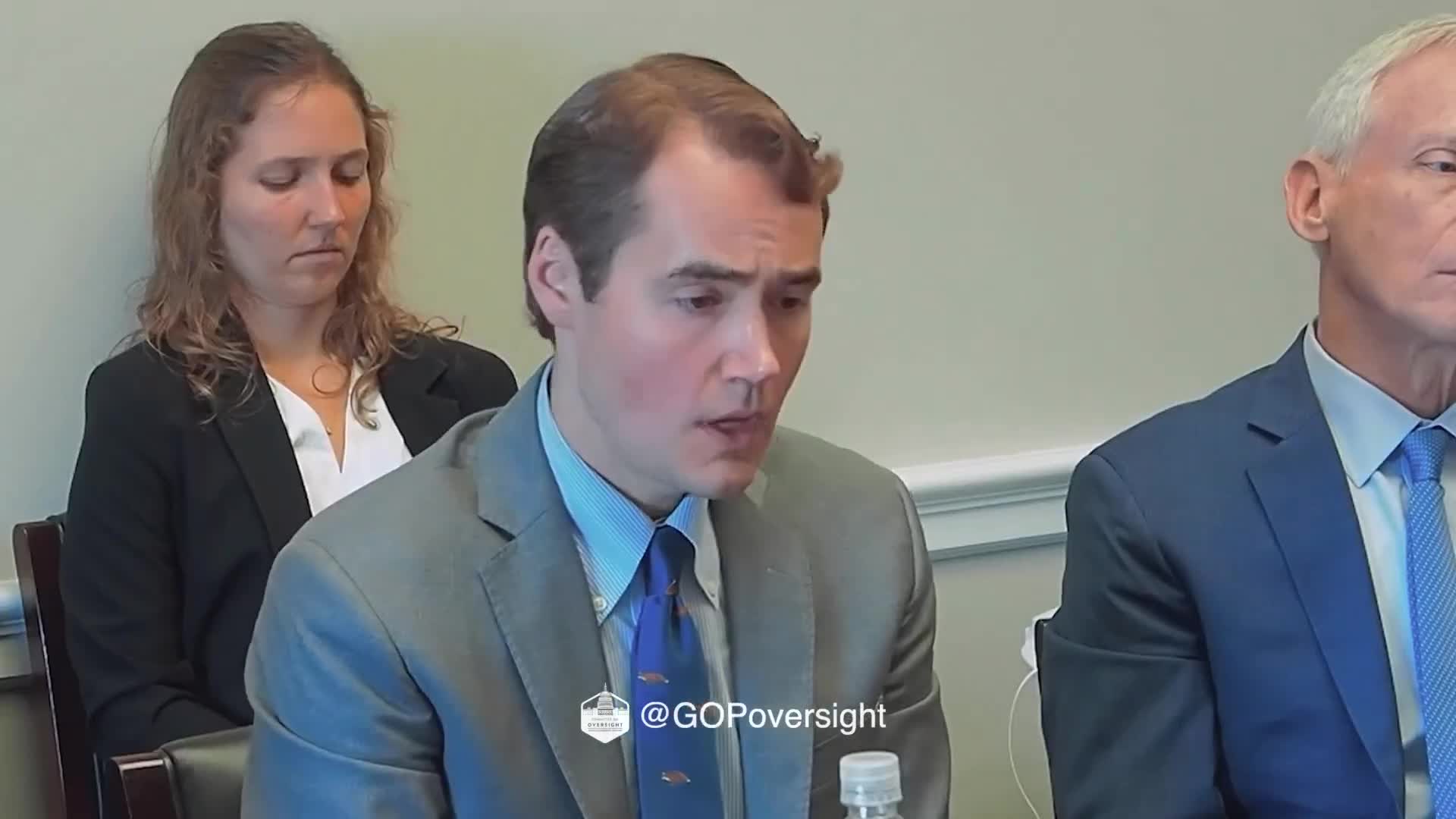Bates: Biden had a 'bad night' in June 2024 debate; post-debate pressure influenced campaign trajectory
Get AI-powered insights, summaries, and transcripts
Subscribe
Summary
Bates told the committee he watched the June 27, 2024, debate and concluded the president "did not do well," that some post-debate criticism was overblown, and that he later judged President Biden's withdrawal from the 2024 race to be a defensible decision given late polling and campaign dynamics.
Andrew Bates told the committee he watched the June 27, 2024, debate between President Biden and former President Trump and described it as a poor performance for the president.
"I agree with his assessment that it was a bad night and he did not do well," Bates said, describing his real-time reaction and later reflections. Bates said he had seen other public appearances and debates in which the president performed well and that the June debate was different in scale and effect. He added he believed some media reactions were overdramatized but acknowledged the debate and ensuing media coverage became a significant political liability.
Bates said he urged senior staff to increase the president's public appearances after the debate. "I have always felt that the more he engages with the public, the better he does," he said. In later reflection, Bates said he came to accept President Biden's decision to withdraw from the campaign, citing late public polling and the broader political context that made the state of the race difficult for Democrats.
On the question of whether medications affected the president's debate performance, Bates said he had no knowledge that President Biden was given Ambien or similar sleep medications prior to the debate and said he did not see the president administered medications in the White House related to that claim.
Bates' account details both the immediate communications responses inside the White House and his personal judgment about the campaign's trajectory after the debate night.
